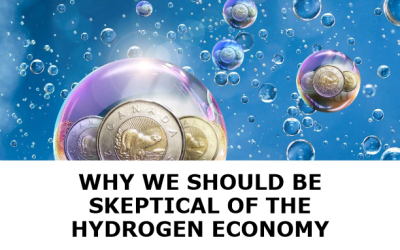Taxpayer subsidies for political parties since 2000: $313 million
Over the past several decades, there have been several key changes to how Canada’s federal political parties are funded. The most recent and significant changes took effect in 2004 with federal legislation (Bill C-24, passed in 2003) which banned corporate and union donations. That legislative change also limited personal donations to $5,000 per individual donor. Effective in 2007, that limit was lowered by the new Conservative government to $1,100 per individual, per year, adjusted annually for inflation. That limit also applies to candidates in federal ridings.
In addition to the 2004 ban on union and corporate donations, the 2004 changes also provided for increased public — i.e., taxpayer-financed — subsidies to political parties. In particular, existing public subsidies to parties and candidates were increased and a new subsidy introduced:
Results of 2004 and subsequent changes:
• Political parties are reimbursed for 50% of their election
expenses (compared to 22.5% previously);
• Candidates are reimbursed for 60% of their election expenses (compared to 50% previously);
• A new annual “allowance” was created for political parties based on the number of votes cast for each party in the most recent federal election. The legislation provides for inflation adjustments. As of October 2008, a registered political party receives the equivalent of just over $1.95, annually, for each vote received in the previous election, an amount that is paid in quarterly instalments.
For example, if Party “X” received 1,000,000 votes in the 2006 election, it would receive $1.95 million in an allowance in 2008, paid quarterly.
View Full Study in PDF Format (10 pages) –


